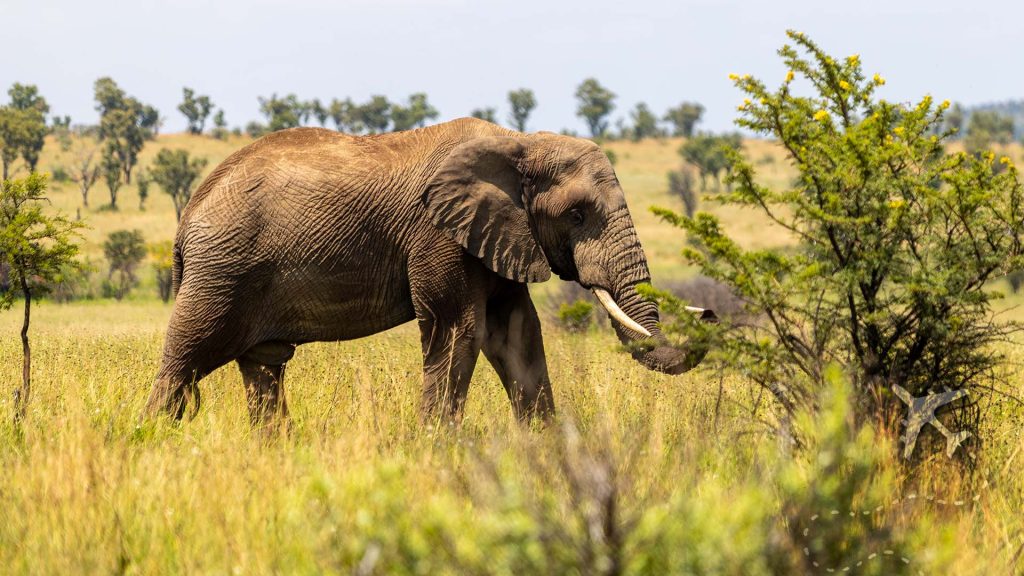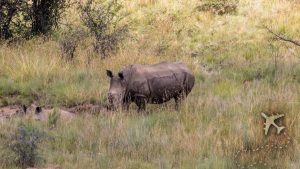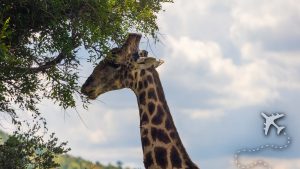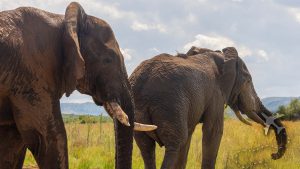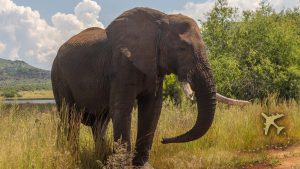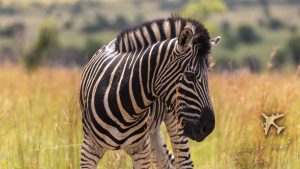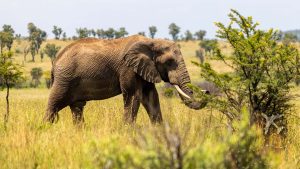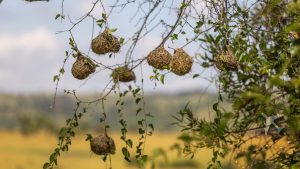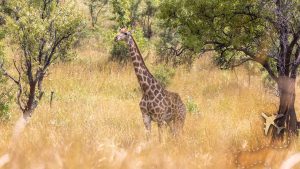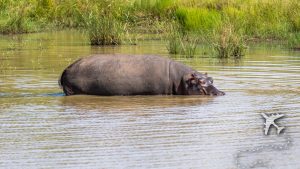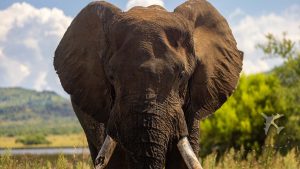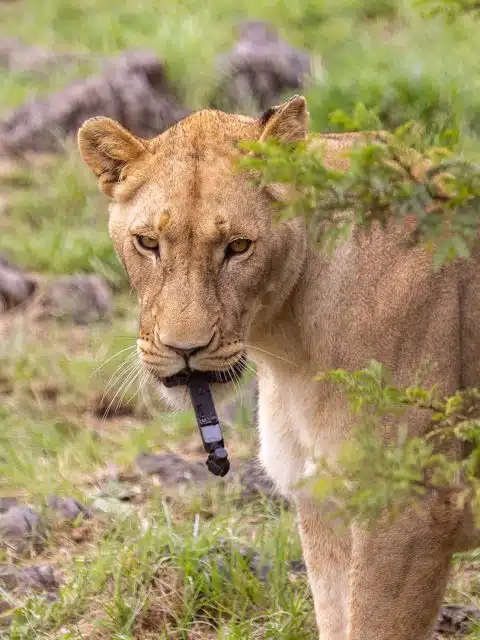Pilanesberg National Park is an incredible way to see the Big Five
Embark on a wild adventure at Pilanesberg National Park! Witness the Big Five roam freely in their natural habitat.
Pilanesberg National Park is a game reserve located in the North West Province of South Africa. It covers an area of approximately 572 square kilometers. It is home to various wildlife, including the “Big Five” (elephants, lions, leopards, rhinos, and buffaloes), giraffes, zebras, hippos, crocodiles, and a wide range of bird species.
The park was established in 1979 on land previously used for farming and mining. Rolling hills and valleys characterize the terrain, and a central volcanic crater formed over 1.2 billion years ago. The park is also home to several dams and waterholes, which attract a variety of animals and provide excellent opportunities for wildlife viewing.
Pilanesberg National Park is a popular destination for safari enthusiasts and is easily accessible from Johannesburg, about a two-hour drive away. The park offers a range of accommodation options, including camping sites, chalets, and luxury lodges.

In addition to game drives, visitors to the park can also take hot air balloon rides, guided walks, and cultural tours to nearby villages. The park also has several picnic sites, restaurants, and curio shops where visitors can relax and enjoy the scenery.
Through the viewfinder
Pilanesberg National Park Uncensored
Like my other safaris throughout Africa, seeing wildlife in their natural habitat is stunningly breathtaking and painfully inconsistent. However, much like my game drive in the Nairobi National Park in Kenya, I was able to see almost all of the Big Five in the 572 sq km (221 sq mi) park – To put the park’s size into perspective, the Pilanesberg National Park is roughly the size of Singapore.
The park’s landscape is a unique mixture of mountains, hills, and open grasslands – all home to thousands of animals doing animal things. Interestingly, the park is situated in an extinct volcano, giving it a unique geological history and creating a natural boundary to keep animals inside and poachers out.
As with all game drives, very early morning is your best chance to see hungry animals on the hunt for prey. During the hot African day, animals sleep in a shaded area, out of sight from visitors.

Yo, this isn’t a zoo! There are no protective fences and no preset feeding times. You may see a lion hunt, kill and eat an animal in front of you.
Overall, Pilanesberg National Park is a beautiful and diverse wildlife reserve that offers an excellent opportunity to experience South Africa’s natural beauty and wildlife up close. I strongly recommend a multi-day trip to maximize this incredible destination.
Frequently Asked Questions
To maximize your wildlife viewing, sunrise is when the animals are most active, and the best time to visit the Pilanesberg National Park.
The entrance fee is a R80 (USD ~$5) per adult. Children at R30 (USD ~$2)
The organized tour groups typically have multiple vehicles in the park at the same time and each driver is in communication with the other via two-way radio. When one driver spots an animal, they can relay the information to the other drivers to come to their position. Using an organized tour group will maximize your chances of seeing the Big Five.
Everything you need to know before you visit Pilanesberg National Park
CURRENT WEATHER
clear sky
AIR QUALITY
Good
GPS COORDINATIONS
-25.2543, 27.0796
HIGH SEASON (MOST EXPENSIVE)
July – October
LOW SEASON (LEAST EXPENSIVE)
November – June
Pilanesberg National Park is an incredible way to see the Big Five
Sean's uncensored review of the Pilanesberg National Park in South Africa.
Pros
- The Serengeti landscapes are breathtaking.
Cons
- If you visit anytime other than dawn, most animals will be sleeping (lazy bums).


